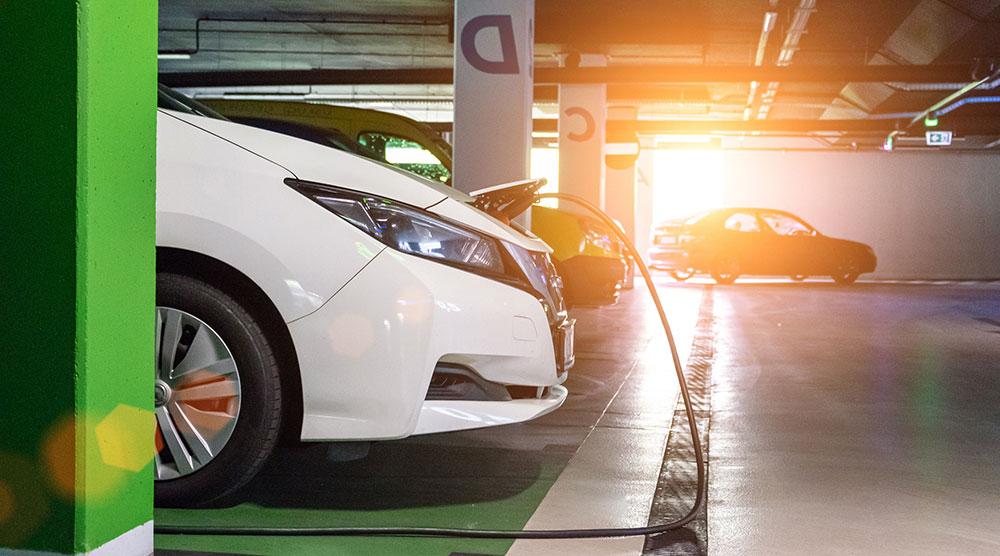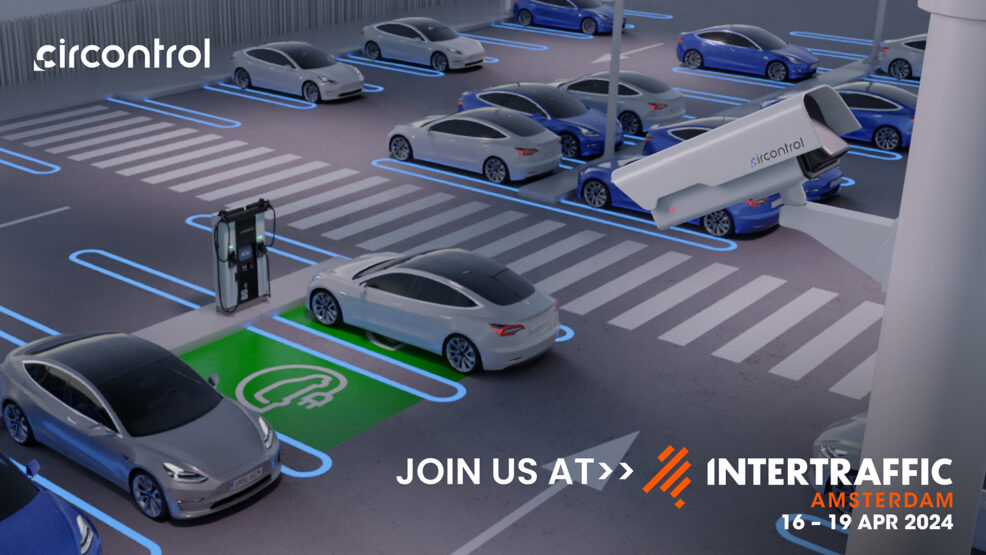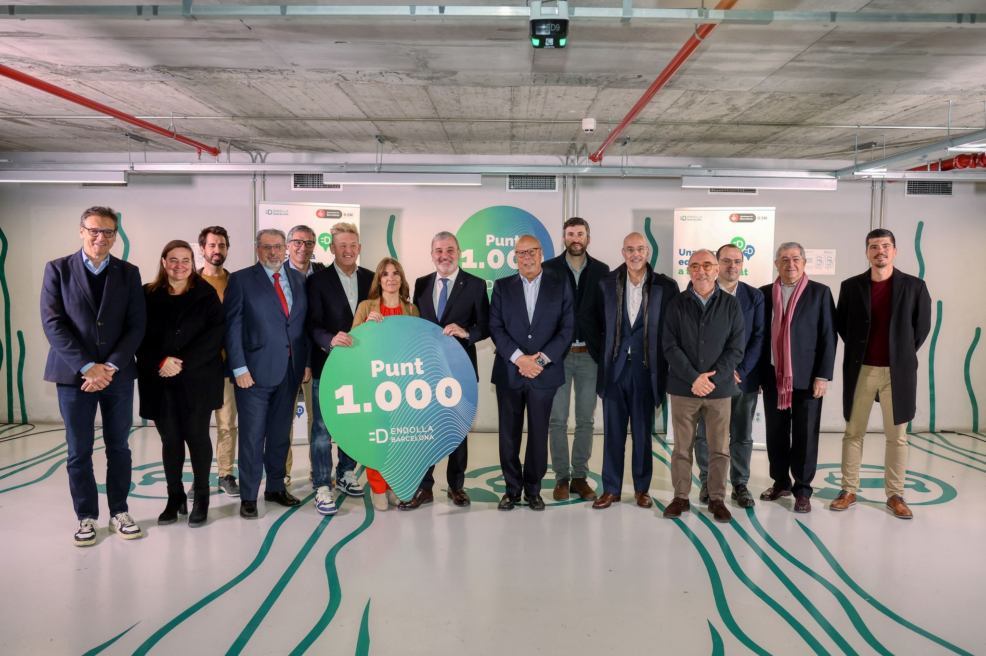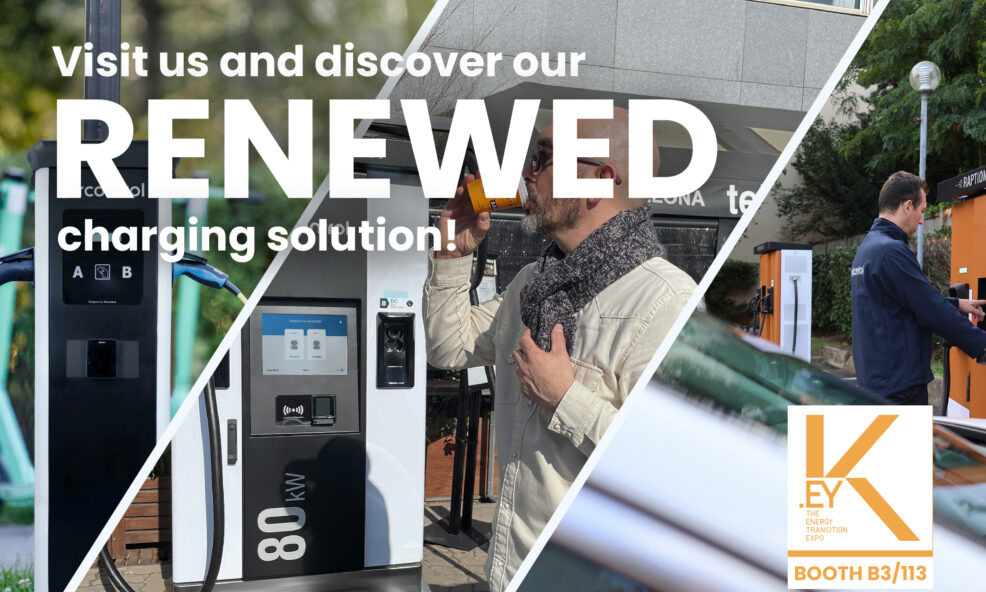[et_pb_section][et_pb_row][et_pb_column type=”4_4″][et_pb_text]
When drivers are asked about the main reason to choose a gasoline or diesel vehicle instead of an electric one, they use to give two main answers: the lack of EV charging infrastructures and the high price of the electric models. We have talked before about the first issue, and how the European institutions are addressing the problem with higher targets for reducing emissions and boosting policies for transport electrification, but the idea that an electric vehicle is more expensive that its combustion counterpart remains. However, can we assure this is true?
Rising fuel prices drive up the cost of ownership
The raising in energy this 2022 have meant a change in a lot of drivers’ minds, since they have seen that an electric vehicle could be now cheaper than a gasoline or diesel one. Although in most of the cases the purchase of a combustion vehicle remains cheaper nowadays, the total cost of property (meaning the total expense of having a property, in this case a vehicle) decreases considerably for an electric as time goes on. Besides fuel, maintenance, insurance, and taxes bring the total ownership cost for electric vehicles down in the long term, ending up cheaper than many gasoline alternatives.
Despite the rise in the price of electricity, the special rates for charging an electric vehicle maintain the price per kilowatt hour (kWh). Thus, the exorbitant price of gasoline and diesel in recent months has increased the total cost of ownership of combustion vehicles which, in certain scenarios, has implied an increase of more than a third in total expenses. Thus, going electric is not only good for the planet: it is also good for our pockets.
Electric models, globally cheaper
Some comparative studies have even provided practical scenarios about how changing to an electric vehicle is economically advantageous for the buyer in the long term. One of these examples is a comparison between the electric and combustion versions of the Opel Corsa. Accepting a situation with a 3 euro per litre cost in the fuel price, the case study concludes an over 6.000 euros saving in 5 years, and almost a 19.000 euros total amount after 10 years.
An even clearer example of this relation is the deep study provided by the Canadian portal Clean Energy Canada that focused on comparing the total cost of property of an electric Hyundai Kona and its polluting equivalent. In essence, in a scenario with a 2-dollar cost for one litre of fuel, this comparison highlighted a total 18.000 dollars saving in just 8 years for the electric version of the Korean SUV.
Even though these examples remain just specific cases, the trend seems clearer as the time goes by: the myth about combustion engine vehicles remain cheaper than electric ones has become, at least, dubious. A new barrier that falls and, step by step, paves the way towards electromobility.
You can know more differences between ICE (internal combustion engine) vehicles and electric ones here [https://circontrol.com/electric-vehicles-versus-combustion-which-one-really-pollutes-more/].
[/et_pb_text][/et_pb_column][/et_pb_row][/et_pb_section]





